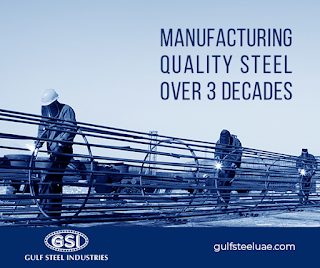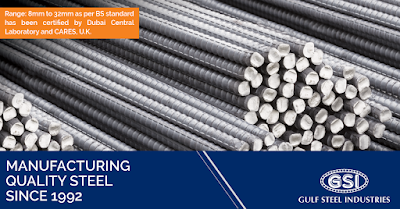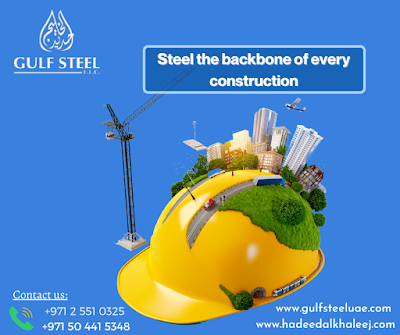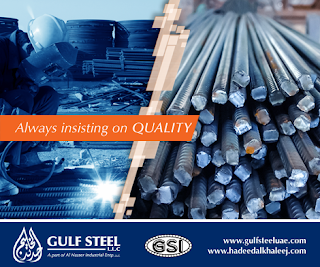Steel reinforcement bars, also known as rebars, are used to improve the tensile strength of concrete, which is very weak in tension but very strong in compression. It is only used as a reinforcing bar because its elongation due to high temperatures is nearly equal to that of concrete. Reinforced concrete is created by adding reinforcing steel bars. Though all concrete cracks are undesirable, rebar and reinforcing materials aid in controlling the location and extent of the cracks. It also adds structural support to the project.
Concrete is several times more resistant to failure when reinforced with a rebar. It provides tensile strength by utilizing a corrosion-resistant reinforcing bar. If you want to make your concrete structural, rebar is far superior. The surface of the rebar is frequently deformed to promote a better bond with the concrete. There are various types of rebar. A reinforcing bar is simply a steel bar. Steel reinforced bar is most commonly used as a tensioning device to fortify concrete and other structures to keep the concrete compacted.
The following are some methods for inspecting rebar in a building without breaking or opening the concrete:
When selecting a method for measuring and monitoring concrete strength, project managers must consider the impact, each technique will have on their schedule. While some testing processes can be completed on-site, others necessitate additional time for third-party facilities to deliver strength data.
Cover meters and rebar locators are multipurpose tools that are required by any organization involved in the design, construction, or testing of concrete in structures. They allow the user to assess the structural condition of reinforcing steel installations quickly and cost-effectively without disturbing the concrete.
Avoiding reinforcing steel damage during saw cutting or core drilling operations. Accidental damage to reinforcing steel can seriously jeopardize a structure's integrity.
Ensure proper bar placement and spacing when measuring the depth of concrete cover for structural compliance, corrosion resistance, and fire protection.
Measuring bar diameters to ensure compliance with design specifications is required.





